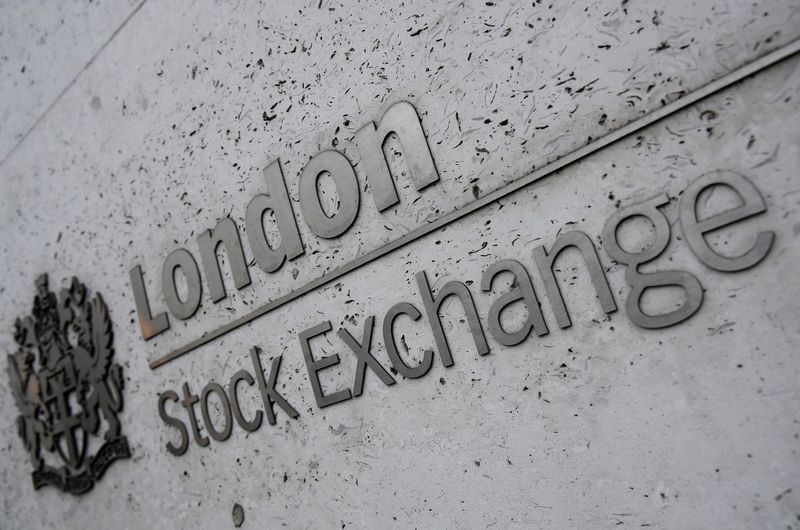By Sujata Rao
(Reuters) - British funds took their equity allocations below the 50 percent mark for the first time since October 2017 and cut UK stocks to the lowest in at least five years as economic growth concerns drove share markets to their worst December in decades.
Reuters' latest monthly asset allocation survey, conducted Dec. 7-19, showed risk aversion clearly gathering pace, with cash levels at almost 5 percent of global portfolios -- a three-month high -- while bond allocations rose to the highest in 16 months, up two percentage points to 28.9 percent. Equities' share was trimmed to 49.9 percent, down from January levels of around 54 percent.
The poll coincided with a devastating month for world markets: MSCI's world index (MIWD00000PUS) tumbled more than 7 percent, posting its worst December on record; U.S. stocks, so far shielded from the worst of the global turmoil, are set for the biggest monthly fall since 1931 - the depths of the Great Depression (SPX).
Investors were disappointed also by the U.S. Federal Reserve which failed this week to deliver the anticipated 'put' for world markets; it not only raised interest rates, but also stuck to guidance for more hikes in the coming year.
"Investors are doubting global growth and fearing a recession, with uncertainty over the direction of trade wars at a time when most global central banks have entered or about to enter the tightening cycle," John Husselbee, head of multi-asset at Liontrust said.
World markets are also contending with messy politics, with Italy finally steadying after months of turmoil and the Brexit debate still raging, three months before Britain is due to exit the European Union.
Brexit woes fuelled the most notable move in equity portfolios, with allocations to British stocks down almost three percentage points on the month to 19.4 percent, the lowest since at least December 2013, poll data showed. Holdings stood at 26.2 percent in January.
Domestically oriented UK stocks have fallen more than 15 percent this year as economic gloom has gathered.
British economic growth this year and next will likely be the weakest since the country emerged from recession in 2009, the British Chambers of Commerce predicted this week, citing weak investment and consumer demand.
Investors raised their allocation to British bonds to three-month highs of nearly 21 percent, up one percentage point since November.
A special poll question asking what the chances were of Britain opting to remain in the EU yielded a wide range of responses. But on average, UK-based poll participants suggested a 25 percent probability of "Remain".
Poll respondents said British assets offered value but they remained wary of wading in just yet.
Thomas Becket at Psigma said UK companies' share valuations looked exciting but warned that this was "tempered by a chaotic and unpredictable political back-drop".

"We believe that trying to make a call on the cycle is fraught with risk. Currently this risk outweighs the reward in our minds, but the balance is getting very close," he added.